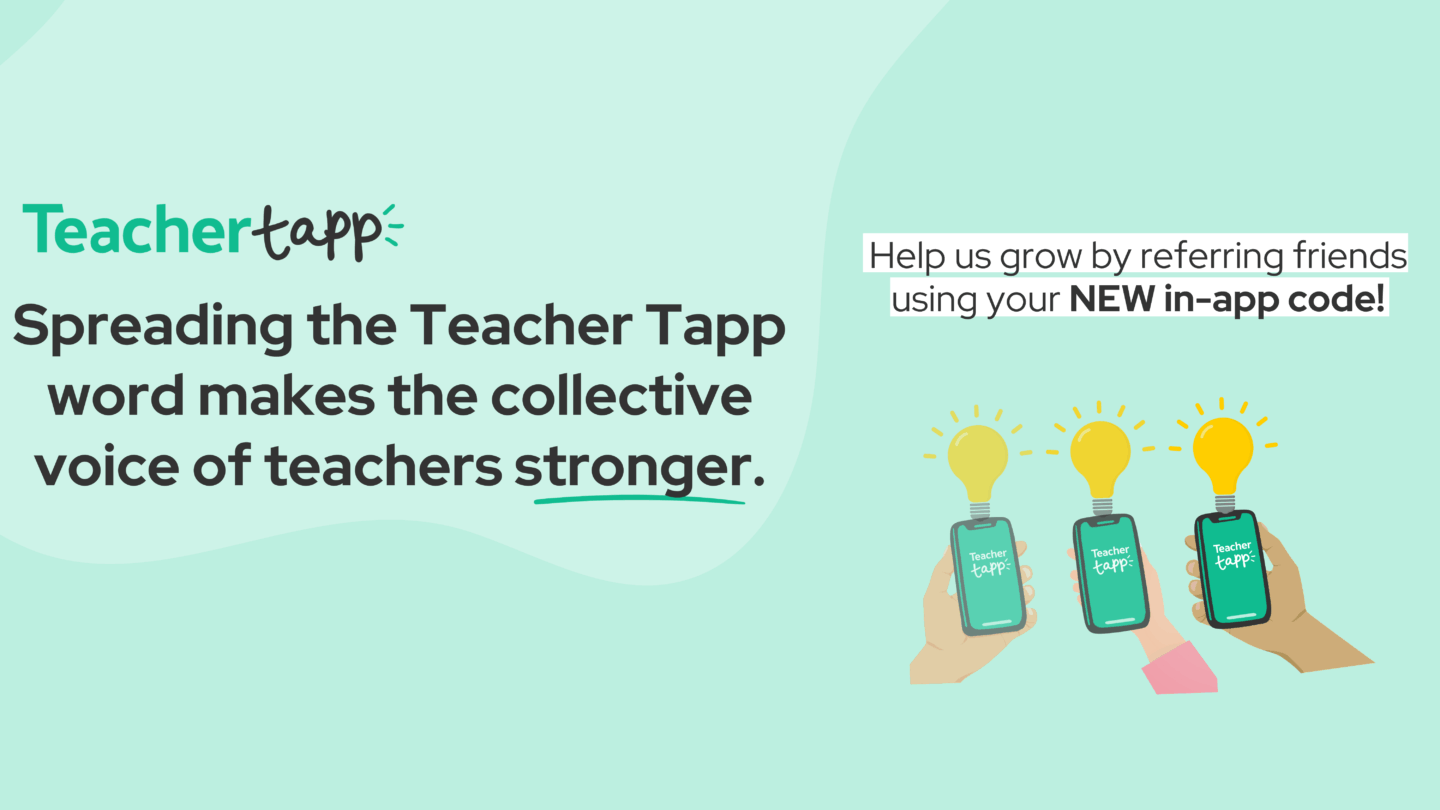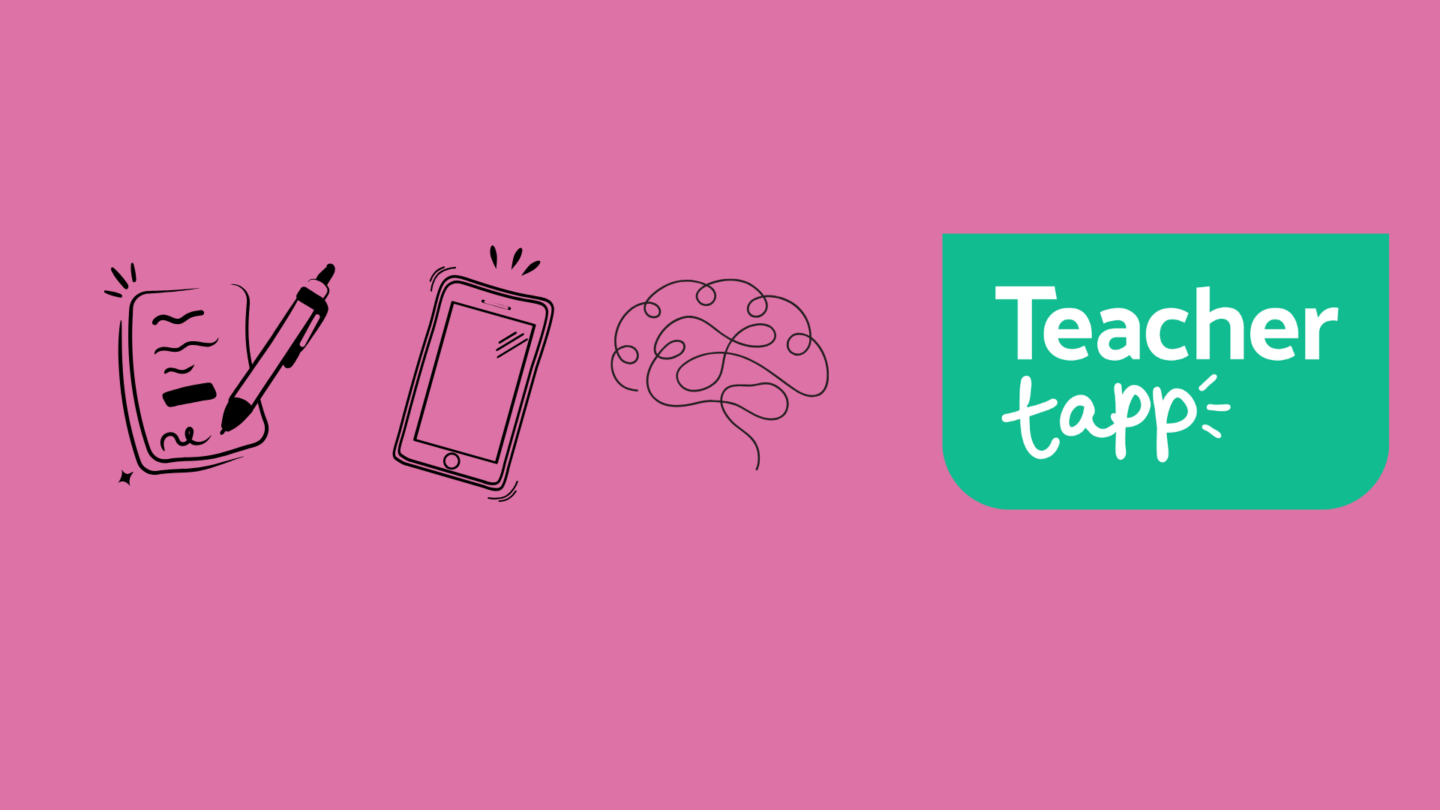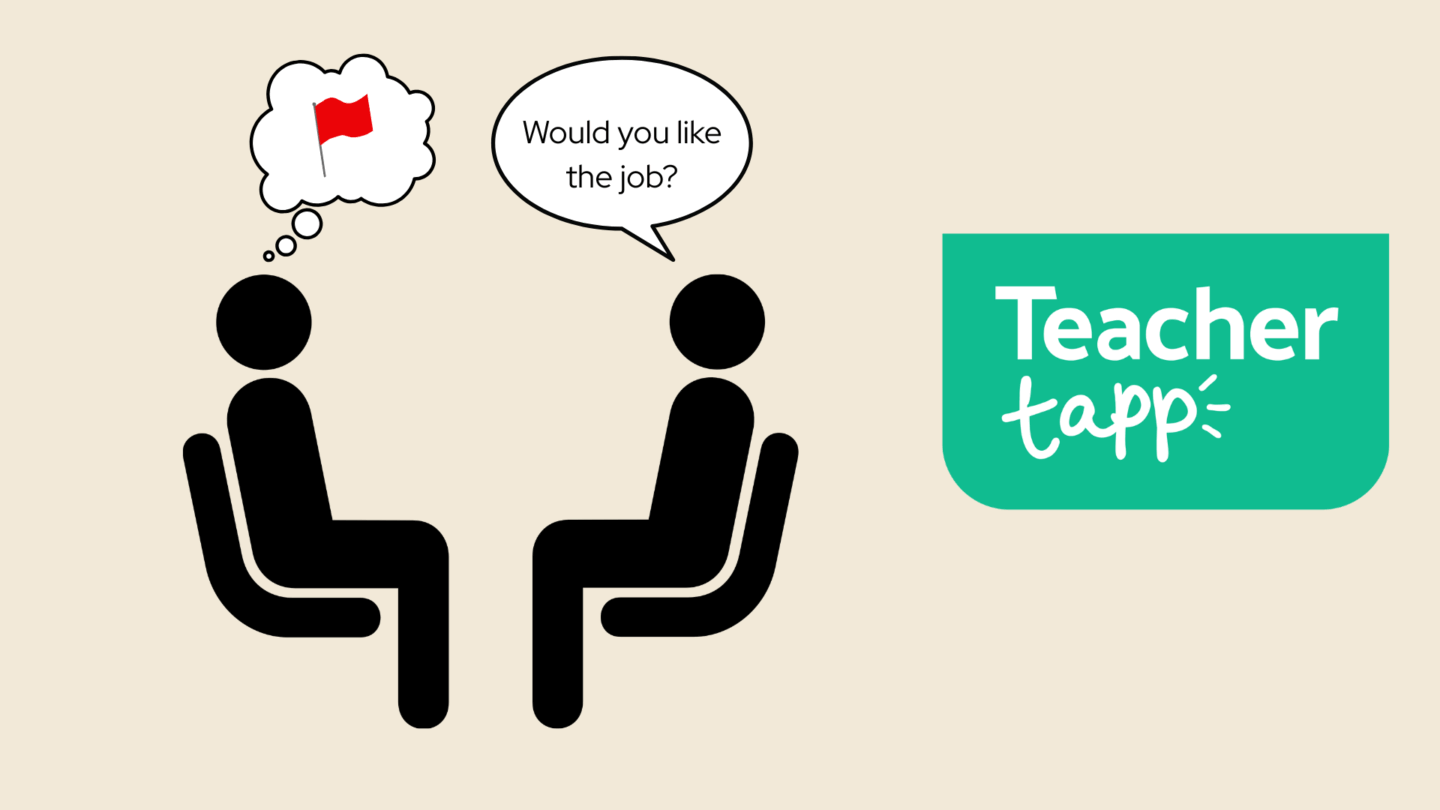There is nothing normal about the end of the school year.
37% of you will be on a school trip at some point in the last fortnight. Others are putting on plays, saying hello to new students, or marking exams.
One primary teacher got in touch to point out it was chaotic at his school, as students were popping off to transition days at different secondary schools all at different times. This meant barely a day was going by without some children missing from class.
Why not ask the government to appoint a single national transition day, he suggested? We asked you and you all thought this was an excellent idea, especially the primary teachers who have to deal with the chaos of current arrangements!
Given that education secretary Damian Hinds probably has about 2 weeks before he is booted out of his job by a new Prime Minister maybe this could be his final act in office? Just think how happy it would make everyone!
What happens at the end of the school year in secondary schools? (How much gained time do YOU get?)
Most secondary teachers get a little bit of something called ‘gained time’ in the summer year when their exam classes go off on exam leave.
Some teachers are luckier than others. Teachers with 5-10 years under their belt get the most, as they are trusted with exam classes, but are not so experienced they’ve got significant management responsibilities.
A teacher wanted us to ask about ‘gained time’ because it turns out there are some rather opaque rules around what you should be doing during it (you can read about them on the NASUWT website)!
Of the things you said you have been asked to do, the top four in the list below are things that heads are definitely fine to ask for as they are normal teacher duties. (i.e. revising curriculum materials, assisting with planned team teaching, additional support for pupils, transition day activities).
However, it is debatable whether you should be asked to do any of the bottom four activities (and you certainly shouldn’t be doing the last two which don’t need to be carried out by qualified teachers).
Gained time does seem to be pretty productive for most teachers, even if it isn’t enough to do everything that you wanted. (Are teachers overly optimistic? There’s a research topic for us in future!)
Wait… how do primary teachers do curriculum revision without gained time?!
Whilst secondary teachers use gained time at the end of the school year to revise their curriculum resources, primary subject leads are doing this… when…? Good question!
A primary headteacher wanted to know how subject leadership is being organised in primary schools.
So, how many subjects are primary teachers responsible for? The most typical response is ‘one’ but, not surprisingly, the smaller the school the more subjects you have to look after!
Whereas subject leads in secondary schools get a timetable reduction all year to manage their department or Key Stage, in primary schools you tend to do this with very little extra time.
We rather assumed that those of you who are allocated a decent amount of time would be looking after more areas of the subject curriculum, but the difference is pretty slight!
Finally, Good News On Workload!
As we look forward to the next academic year, we were pretty amazed to see that the workload reduction revolution is well and truly in swing.
Just a third of you said that your school hasn’t done anything to substantially reduce teacher workload. Most common changes are to your school’s marking and feedback policy.
We also heard from a lot of teachers on social media that while your school hasn’t done these things this year, they had already implemented them last year. That’s very good news and shows how dedicated senior leaders have been to improving workload for their staff. Will it help keep teachers in the profession as we get ever closer to a crisis-point teacher shortage? Fingers crossed.













